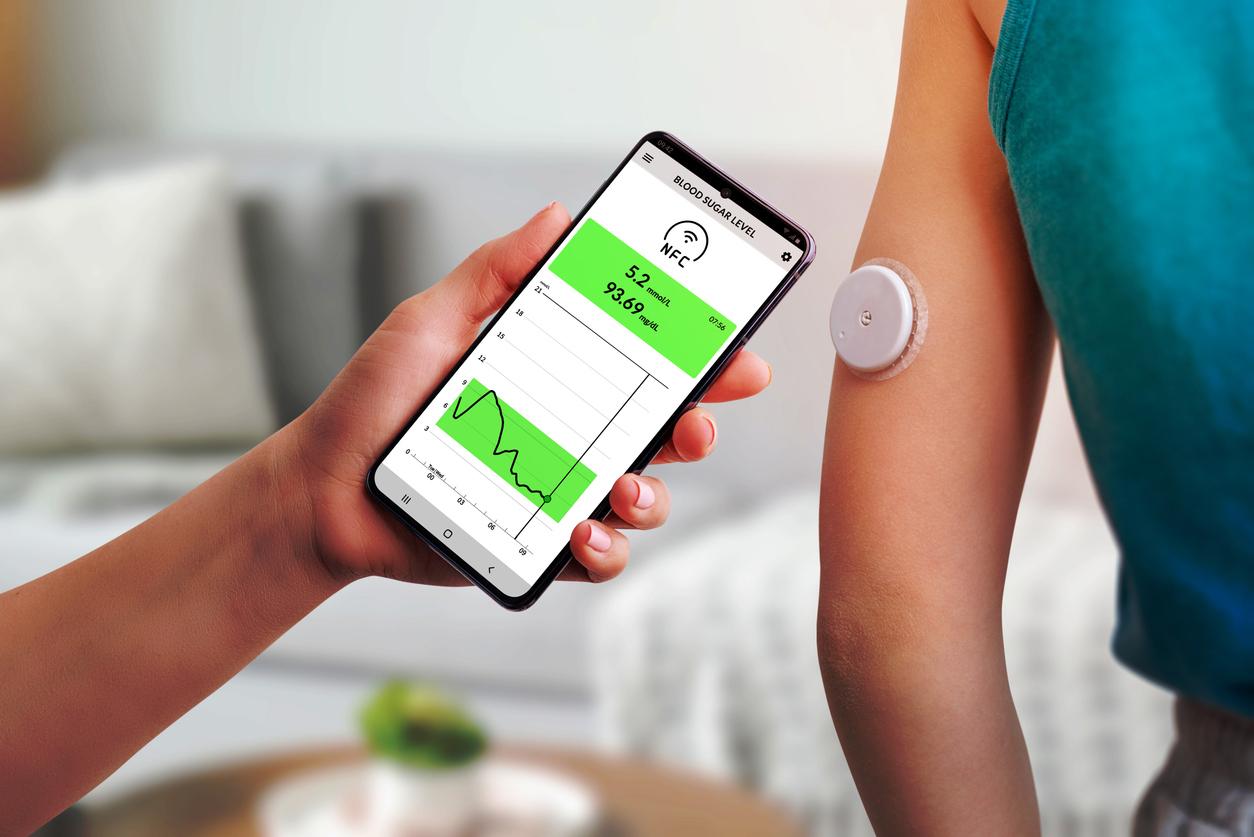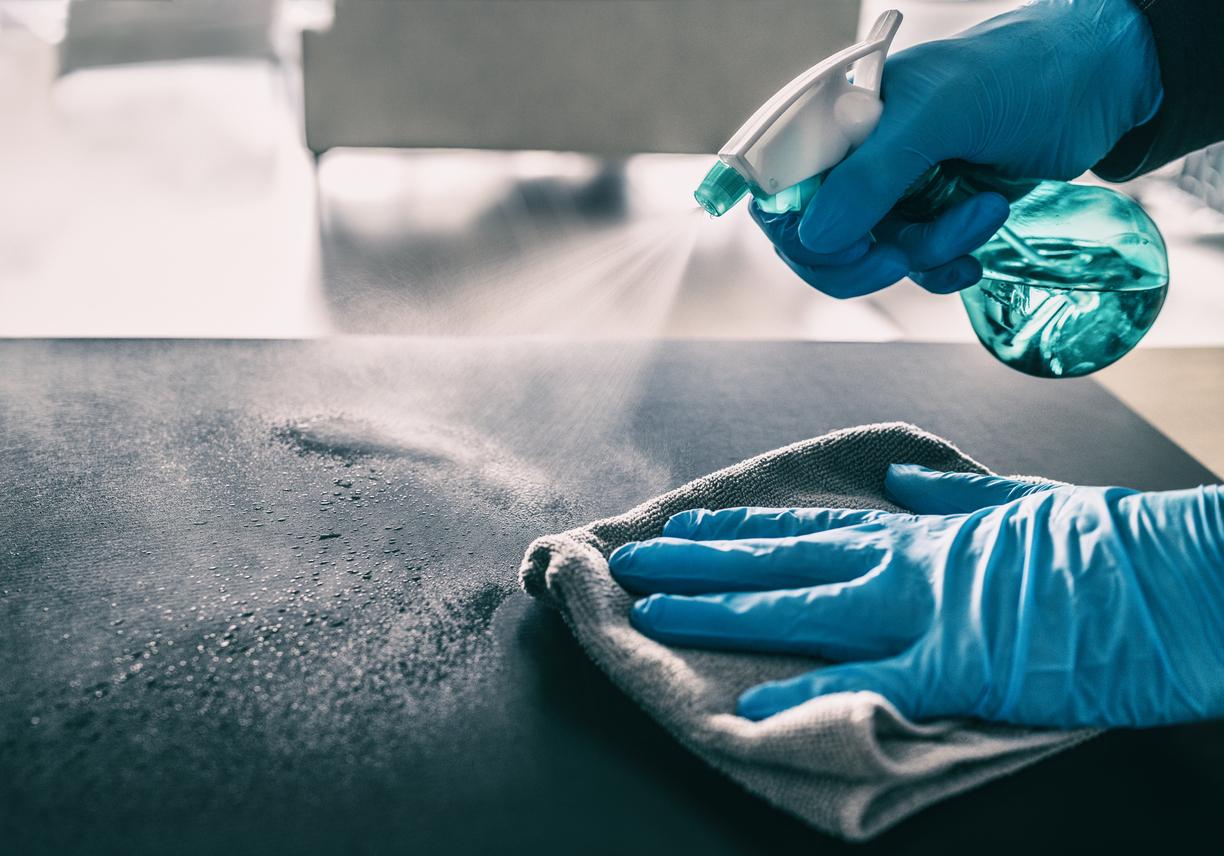All sleep specialists will tell you: nap should not be reserved for children or the elderly. Indeed, sleeping in the afternoon allows you to recover, reduce stress and increase performance in the second part of the day. These moments of relaxation in the middle of the day would even make it possible to better resist viral and microbial attacks… provided that the alarm clock rings after 30 minutes!
“Taking a nap is restorative but on the sole condition that this nap is short and does not exceed half an hour” can we read in a study which has just been published in the medical journal Sleep medicine.
According to this study led by Dr Eliane Lucassen of Liden University in the Netherlands, the length of the meridian nap is really essential.
“A 20-minute nap is good for the heart, but a nap of more than 30 minutes is bad for blood pressure and increases the risk of diabetes.” For researchers, this risk is due to the fact that a “break” of more than 30 minutes has repercussions on our internal clock and exposes the organs to a higher level of cortisol, the stress hormone.
On the other hand, if you need to catch up with a night too short and that you lack about 3 hours of sleep, do not hesitate to plunge into the delights of a “royal” nap. Stretch out in the dark and sleep for a full cycle (between 1h30 and 2h10). This restful sleep will help you catch up twice as fast as one nap cycle is equivalent to two cycles of nighttime sleep.


















